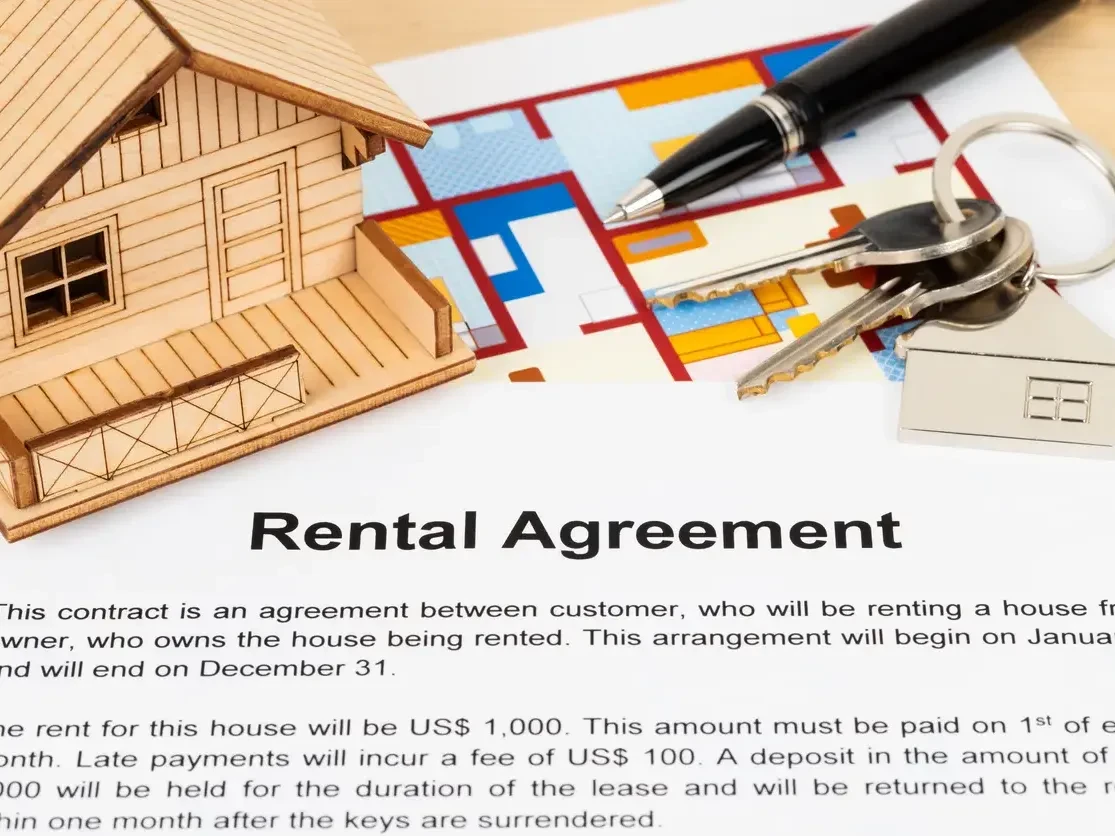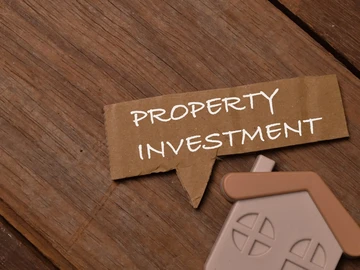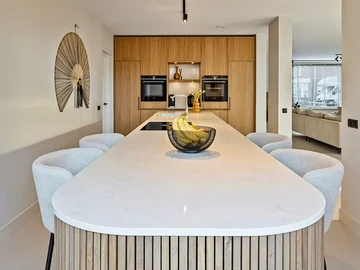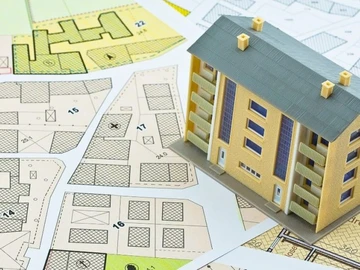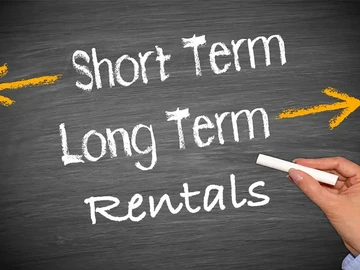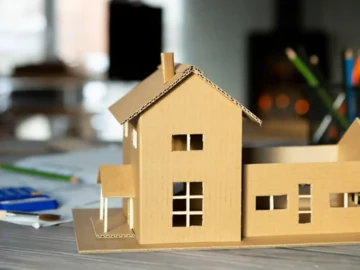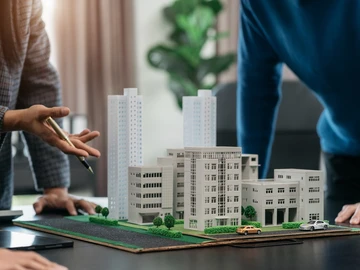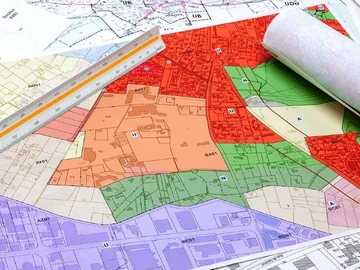Renting a home in Zimbabwe is often the most practical path for individuals and families who are relocating, saving for a home, or seeking flexibility. But successful renting involves more than just spotting a good deal understanding your rights, knowing the real costs, and reviewing your lease terms are essential.
As of 2025, the rental market in Zimbabwe is valued at over US$500 million annually, with Harare accounting for over 65% of all rental activity, according to estimates from the property sector. With urbanisation rising and access to mortgages still limited for many, renting remains the preferred housing option for Zimbabweans in transition.
1. Understanding the Rental Landscape in Zimbabwe
Zimbabwe’s urban rental market is concentrated in major cities and towns, including Harare, Bulawayo, Mutare, Gweru, and Victoria Falls. Harare dominates, with neighbourhoods like Avondale, Borrowdale, and Greendale attracting premium rents due to proximity to schools, embassies, and business districts.
According to Property.co.zw, in early 2025:
- The average monthly rent for a 2-bed apartment in Harare is US$450
- A 3-bed house in suburbs like Westgate or Marlborough ranges between US$600–US$900
- Office space in Harare CBD averages US$8–US$12 per square metre
Want to check prices by location? Visit the Property Price Trends Tool to explore average rental prices in your preferred suburb.
2. Tenant Rights in Zimbabwe
Zimbabwe’s rental framework is governed by the Housing and Building Act [Chapter 22:07] and the Rent Regulations Statutory Instrument 32 of 2007.
As a tenant, your key rights include:
- Right to a lease agreement: A lease must be provided for any formal tenancy arrangement.
- Protection from unlawful eviction: Over 75% of tenant–landlord disputes in local housing courts involve wrongful eviction or disputes over notice.
- Right to habitable housing: A 2023 survey by the Urban Dwellers Association revealed that 22% of tenants live in properties with unresolved structural or plumbing issues.
3. The True Cost of Renting in Zimbabwe
Besides the monthly rent, several other costs apply. Based on market averages:
|
Cost Type |
Estimated Range |
|
Monthly Rent (Harare) |
US$300–US$900+ depending on area and size |
|
Security Deposit |
1–2 months' rent (refundable) |
|
Lease/Admin Fees |
US$50–US$150 (once-off) |
|
Utilities (ZESA, Water, Internet) |
US$80–US$200/month depending on usage |
|
Maintenance Levies (for flats) |
US$20–US$50/month |
In high-demand areas like Borrowdale, Gunhill, or Chisipite, monthly rents can exceed US$1,200, especially for townhouses or executive cluster homes.
4. What to Look for in a Lease Agreement
Despite the increasing digitisation of property services, 40% of tenants still enter informal agreements without a written lease, exposing themselves to future legal and financial risk.
Before signing:
- Confirm lease duration and renewal clauses
- Review notice periods (typically 30 days)
- Understand who is responsible for repairs
- Get all financial obligations (rent, deposit, levies) in writing
5. Tips Before Moving In
A few proactive steps can save you time, money, and frustration:
- Do a physical inspection and photograph current condition
- Check water pressure, ZESA schedule, and neighbourhood safety
- Get a handover checklist signed to avoid disputes at move-out
- Confirm security setup (e.g., gate controls, alarm systems) if in gated communities
According to a Property.co.zw Facebook poll in March 2025, 61% of respondents regretted not inspecting a property thoroughly before signing the lease.
6. Working with Agents or Landlords
There are over 200 real estate agencies registered in Zimbabwe, and platforms like Property.co.zw list more than 8,000 active properties.
Whether you’re dealing with an agent or direct landlord:
- Ensure the agent is licensed by the Estate Agents Council
- Request a signed lease before paying any money
- Always ask for receipts and keep a paper trail
7. Renewals and Moving Out
Most leases are renewable annually. If you're planning to leave:
- Give a 30-day written notice
- Settle outstanding utility bills
- Conduct a final inspection with the landlord or agent
- Request your security deposit refund, usually returned within 7–14 days if no damage is found
Final Thoughts
Renting is still the most accessible housing option for many Zimbabweans. But it requires informed decision-making. With rents rising due to urban demand and inflation pressures, it's more important than ever to know your rights, calculate your total costs, and work only with verified agents or landlords.
Start your search with trusted listings and data. Visit Property.co.zw to compare prices across suburbs and find your next rental with confidence.
 Continue with Facebook
Continue with Facebook
 Continue with Email
Continue with Email

